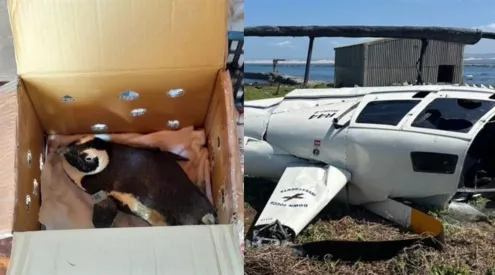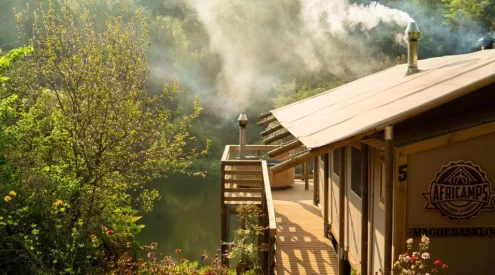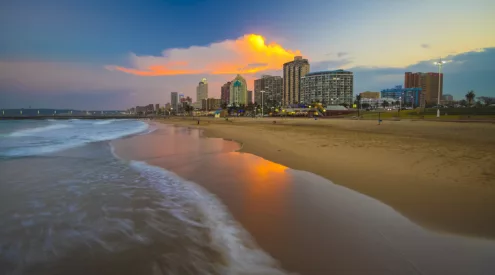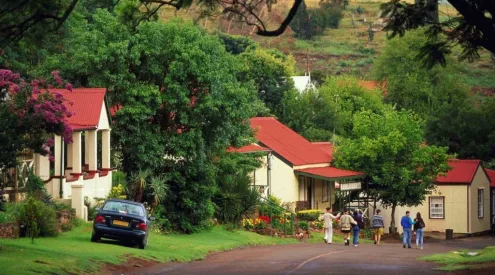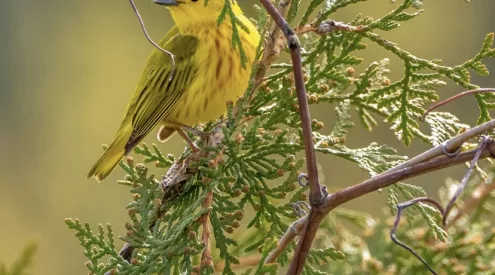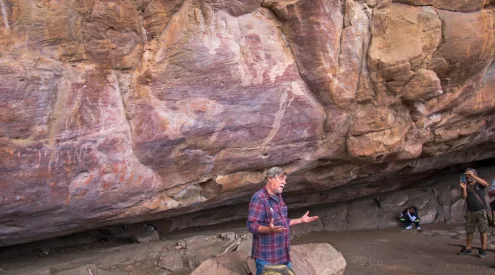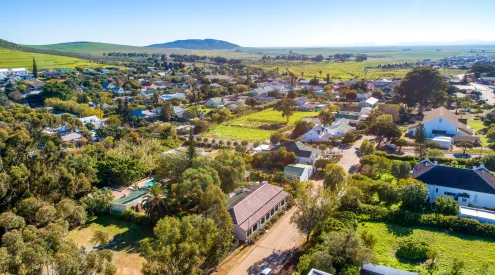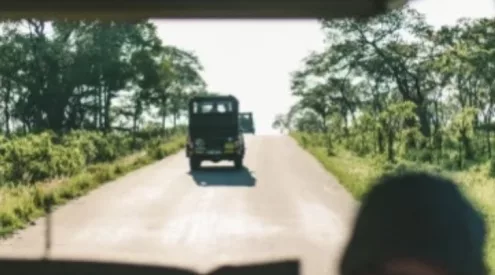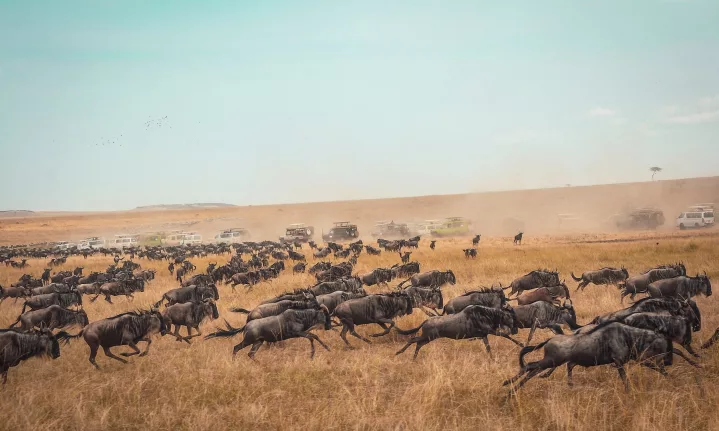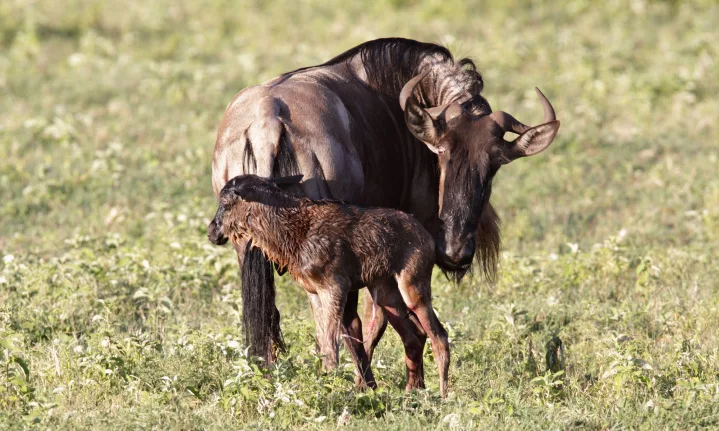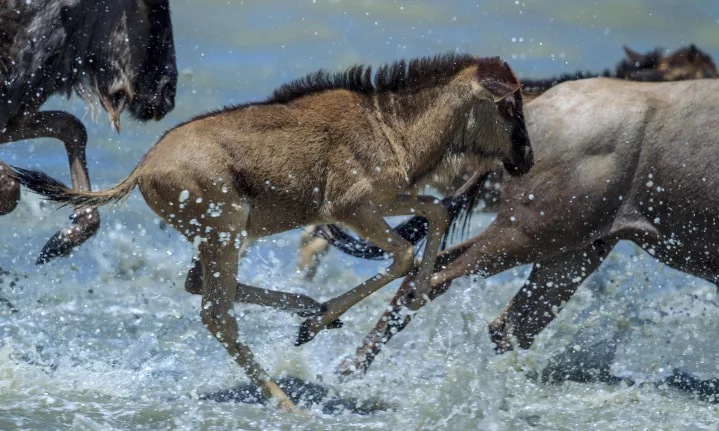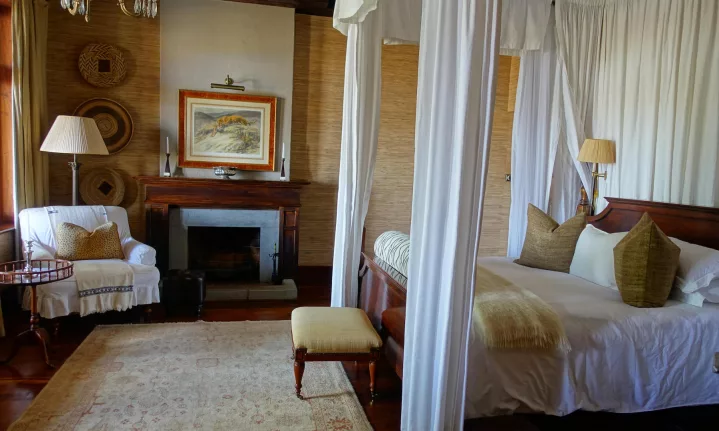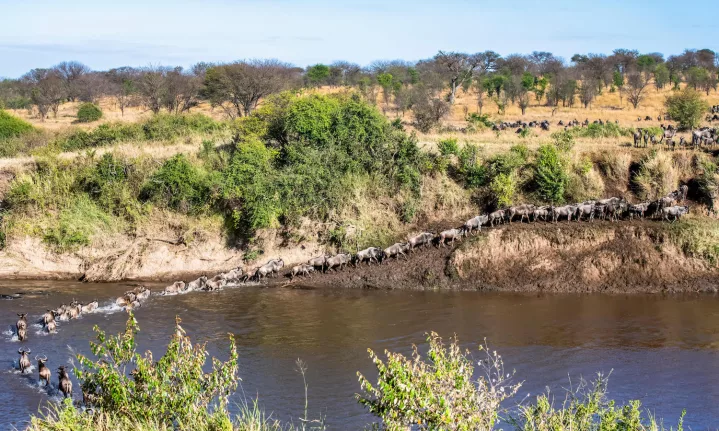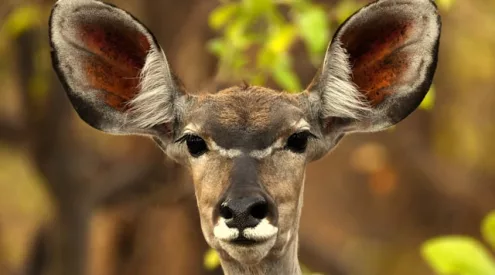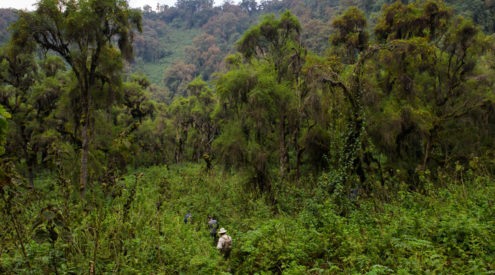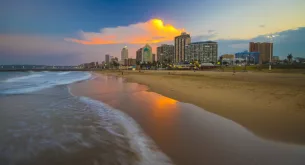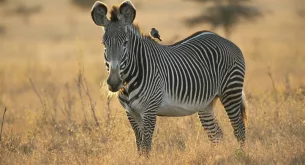Wildlife enthusiasts and ‘newbies’ yearly migrate to sub-Saharan African countries to experience the Great Migration.
This captivating natural phenomenon sees nearly 1.2 million wildebeest, 300 000 zebra, and other grazers covering a cyclical journey for grazing and water. It begins with calving in Tanzania’s southern Serengeti. The animals then follow a clockwise route through the Serengeti to Kenya’s Masai Mara, accompanied by dramatic events like births and predator-prey interactions. It is estimated that each wildebeest covers up to 1 000 kilometres.
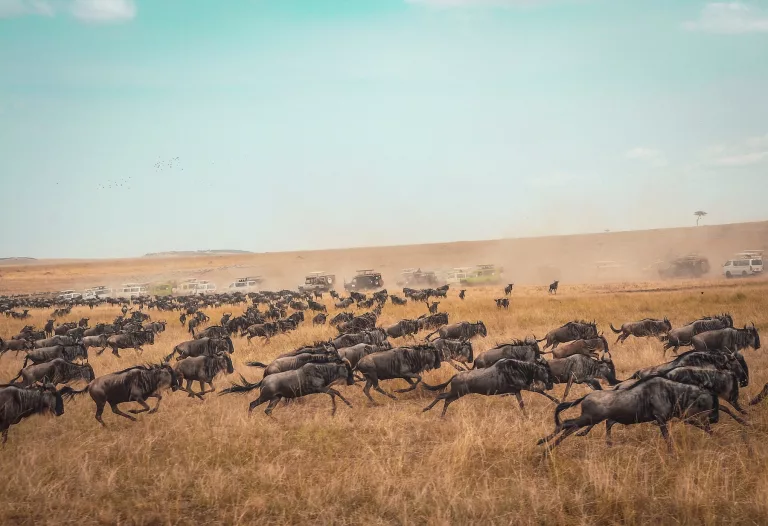
The Great Migration, or ‘the greatest show on earth,’ is the world’s biggest animal herd movement.
Also read: Desert countries to visit: 5 things to do in Morocco
Best time to see the Great Migration
The Migration is a continuous event ruled by the changing seasons and food availability. Between December and May, you will find the wildebeest in the southern Serengeti, where they birth their young and slowly move northwest.
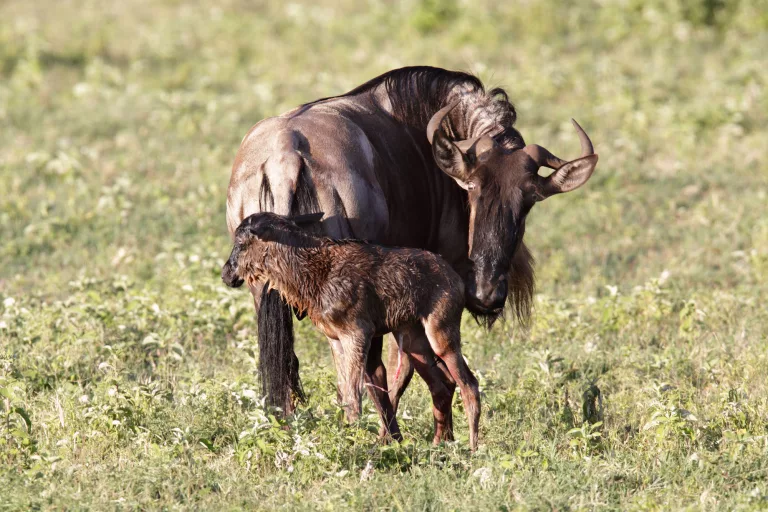
They follow the Grumeti River between April and May, which takes them across the Serengeti National Park.
The rainy season ends in June, and the herds go to the Masai Mara in Kenya. Wildlife enthusiasts will tell you that as long as you strategically plan your location, you can see them any time of year. However, they will also say that the best time of year to see them is between mid-July and mid-September when you have a higher chance of watching a river crossing.
Where to stay
The key areas to visit if you want to catch the wildebeest and zebra on their journey are the Masai Mara and northern Serengeti from July to October and the southern plains of the Serengeti from January to March.
Most camps within the Masai Mara are close to the Mara River. You could stay at Angama Mara, a luxury lodge that overlooks Africa’s Great Rift Valley and offers front-row seats to the wildebeest migration. Another option is Bateleur Camp, a small and intimate camp at the Maasai Mara National Reserve’s Oloololo escarpment base. There are excellent opportunities to see the Great Migration from the comfort of the camp.
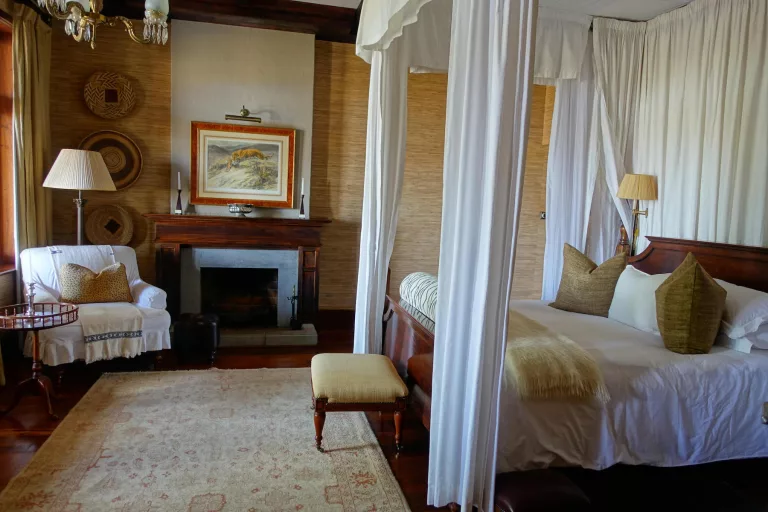
However, the Serengeti National Park in Tanzania is vast, so choosing a camp in the right location is important. Serengeti Under Canvas is a mobile luxury camp that moves ‘five times a year to anticipate the movements of the Great Migration,’ giving you the best chance of catching the action. A second accommodation option in Tanzania is Singita Sasakwa Lodge, which oversees the private Singita Grumeti Reserve. Witness the Great Migration below while wallowing in your private infinity pool.
How to see the Great Migration
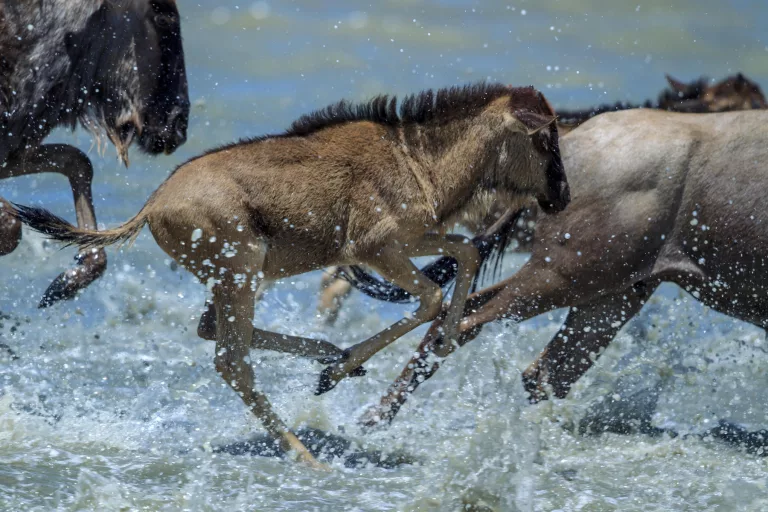
The best way to experience the Great Migration is to hire a professional safari operator or guide. A guide will ensure you have the best chance at seeing the wildebeest and zebra on their journey.
Natural Habitat Adventures is a great travel company to consider as it’s a World Wildlife Fund partner and the first carbon-neutral travel company. Grand Safari by Micato is an extensive 15-day tour that includes stays at accommodations like Bateleur Camp.
Depending on where you choose to stay, you can witness the Great Migration via game drives with a professional game guide, a hot air balloon safari, or a walking safari if you’re brave enough.
Everyone agrees to stay in mobile safari camps, like Serengeti Under Canvas and Kichakani Serengeti Camp. These camps move to where you have the highest chances of seeing the Great Migration.
Pictures: Alamy
Follow us on social media for more travel news, inspiration, and guides. You can also tag us to be featured.
TikTok | Instagram | Facebook | Twitter
ALSO READ: Not your standard safari: 10 unexpected experiences in Southern Africa

